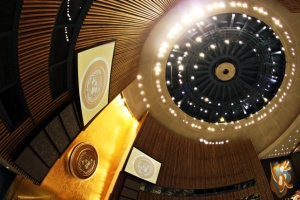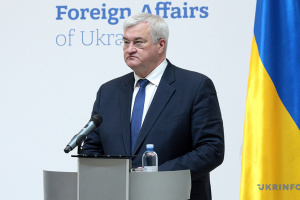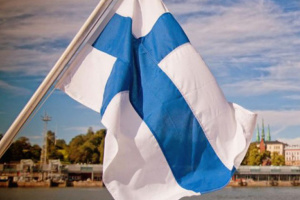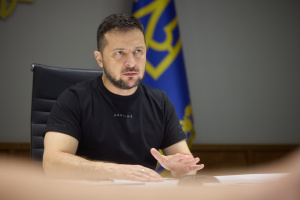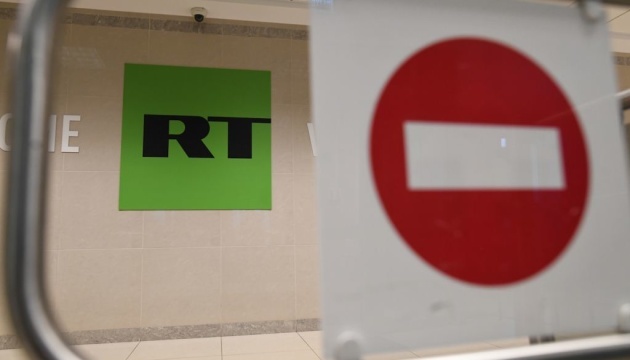
Toxicity of Russia Today: How Kremlin's mouthpiece gets banned, from Germany to Ecuador
Everyone has long been aware of this, and we are not going to dwell on debunking more myths produced by Margarita Simonyan and her team. Let's talk about how the whole world is fighting against RT’s propaganda machine -- especially considering a report that has emerged just recently.
On February 3, the Russian Foreign Ministry announced termination of Deutsche Welle's broadcasting in Russia. Accreditation of all employees of the agency’s Russian bureau was also revoked. In addition, Moscow has decided to compile a list of representatives of German government and public, involved in imposing restrictions on RT DE broadcasting, who shall be banned from Russia.
This was done in response to the ban on Russia Today's broadcasts in Germany. By the way, the editor-in-chief of the TV concern, Margarita Simonyan, stated that the RT DE TV would not cease operations despite the current ban. She also hinted that in response, Russia had to ban Deutsche Welle. This was alluded ahead of the MFA’s decision and, apparently, well received.
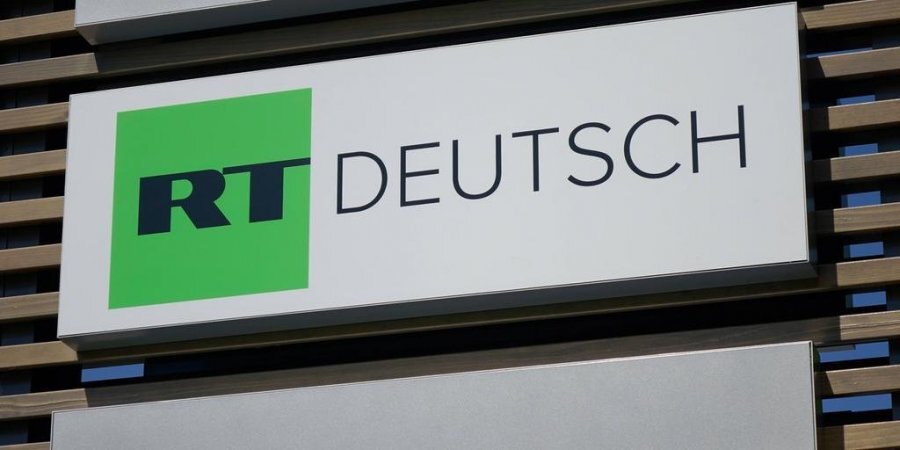
The reason for the Moscow-Berlin media war was the fact that RT DE had no license that was supposed to be issued by the MABB media regulator, accountable for media oversight in Germany. While this was the pretext, the true reason may lie in a different plane. It is the same one that caused similar problems for Russia Today in other countries. This is not the first time that a Russian propaganda outlet has been the subject of meticulous attention on the part of a Western power, as well as targeted with sanctions.
The initial massive scandal with Russia Today unfolded in the United States in October 2017, when US authorities began requiring RT to register in the United States as a foreign agent. Such requirements, according to American law, are imposed on all companies that work in the interests of other states (and RT is officially funded by the Russian government). In addition, Washington at the time rightly believed that Moscow was using Russia Today to interfere in the US election.
Simonyan initially tried to appeal the decision, but eventually registered the channel as a foreign agent. It is believed that it was the first push for Russia to start its war on “foreign agents,” which at the time included only Western media (VoA, Radio Free Europe), later — liberal outlets like Nastoyashcheye Vremia and Meduza, and recently — also various organizations and individuals, such as Memorial and Viktor Shenderovich.
In 2019, Russia Today faced a large fine in the UK — £200,000 issued by the local regulator Ofcom — for biased coverage of the story on Sergei Skripal’s poisoning. By the way, Ofcom also found a violation in a story by another mouthpieces of Russian propaganda, the TV channel Sputnik. The hosts then discussed the Salisbury poisoning with Alexander Nekrasov, who was portrayed as "a former adviser to the Kremlin and the Russian government." He called the assassination of the Skripals "a poorly planned provocation designed to distract the British from domestic political problems." We remind you that the alleged “provocation” was the use of combat poison in the centre of an English city.
At the end of July 2020, the channel was banned from broadcasting in Latvia. The local regulator justified this decision by saying that the TV channel is under the control of the director general of the international news agency Russia Today, Dmitry Kiselyov, against whom the European Union has imposed sanctions. The statement said the decision would remain in force until Kiselyov was removed from the EU sanctions list. The following month, RT suffered the same fate in Lithuania. In March 2021, Riga blocked RT’s website.
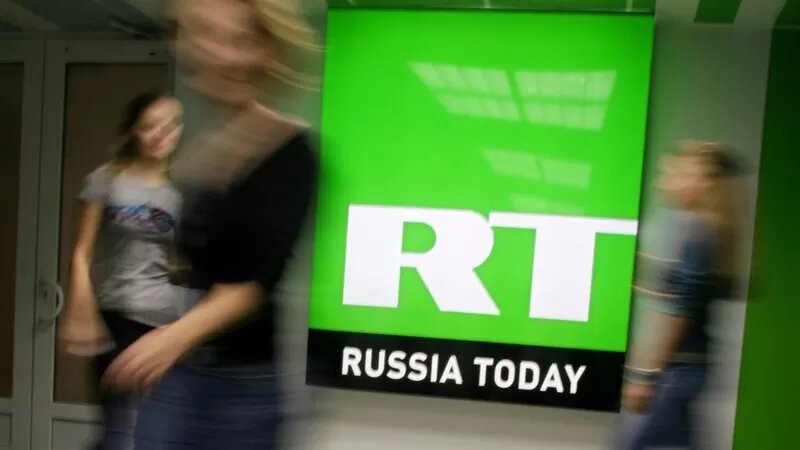
In France in 2021, a court acquitted the famous political scientist Nicolas Tenzer of lawsuits filed against him by RT France. The TV company accused him of "defamation" through tweets in which he called the channel a "propaganda body" of the Kremlin.
READ ALSO: Nicolas Tenzer: Russia Today’s propagandists seek to intimidate their critics in Europe
In December last year, it was found that Russian president Vladimir Putin expressed a hope in a phone conversation with French president Emmanuel Macron that Russia Today would be provided with an opportunity to work in France “without any discrimination.” "Discrimination" meant the non-issuance of accreditation by the French Foreign Ministry to RT France. By the way, in May 2017, during his first meeting with Vladimir Putin, President Macron publicly called RT and Sputnik "bodies of deceitful propaganda."
On February 3, it was reported that the French media regulator, Arcom, launched an inquiry into RT France’s presentation of information. “Several associations reported shortcomings in the coverage of crises, such as Yellow Vest protests or the situation of Syria and the Central African Republic,” read the report.
If someone thinks that Russia Today is "pressured" exclusively in Europe and the United States, they are wrong. There is no need to recall Ukraine for reasons well-known. However, it makes sense to mention other countries.
In 2016, the state-owned Radio and Television of Argentina decided to suspend broadcasts of RT television news as part of free state television broadcasting.
On November 15, 2019, the National Cable Network of Ecuador took RT off the air — without prior notice and without explaining the reasons for the move.
In August 2021, Luxembourg refused to grant a license to RT DE to broadcast in German on the territory of the duchy, explaining their decision by the channel's failure to comply with technical criteria. According to the head of the Luxembourg media regulator, since a significant part of RT DE employees work from the office in Germany and content is also produced there, the channel should be under the jurisdiction of Germany. As it turned out, Germany is just as reluctant to see Russia Today in its media space.
As we can see, the toxicity of the Russian propaganda TV channel around the world is already so tangible that media regulators in many countries are simply forced to put metaphorical anti-fake masks on their citizens. This is their version of early prevention.
Center for Strategic Communication and Information Security

